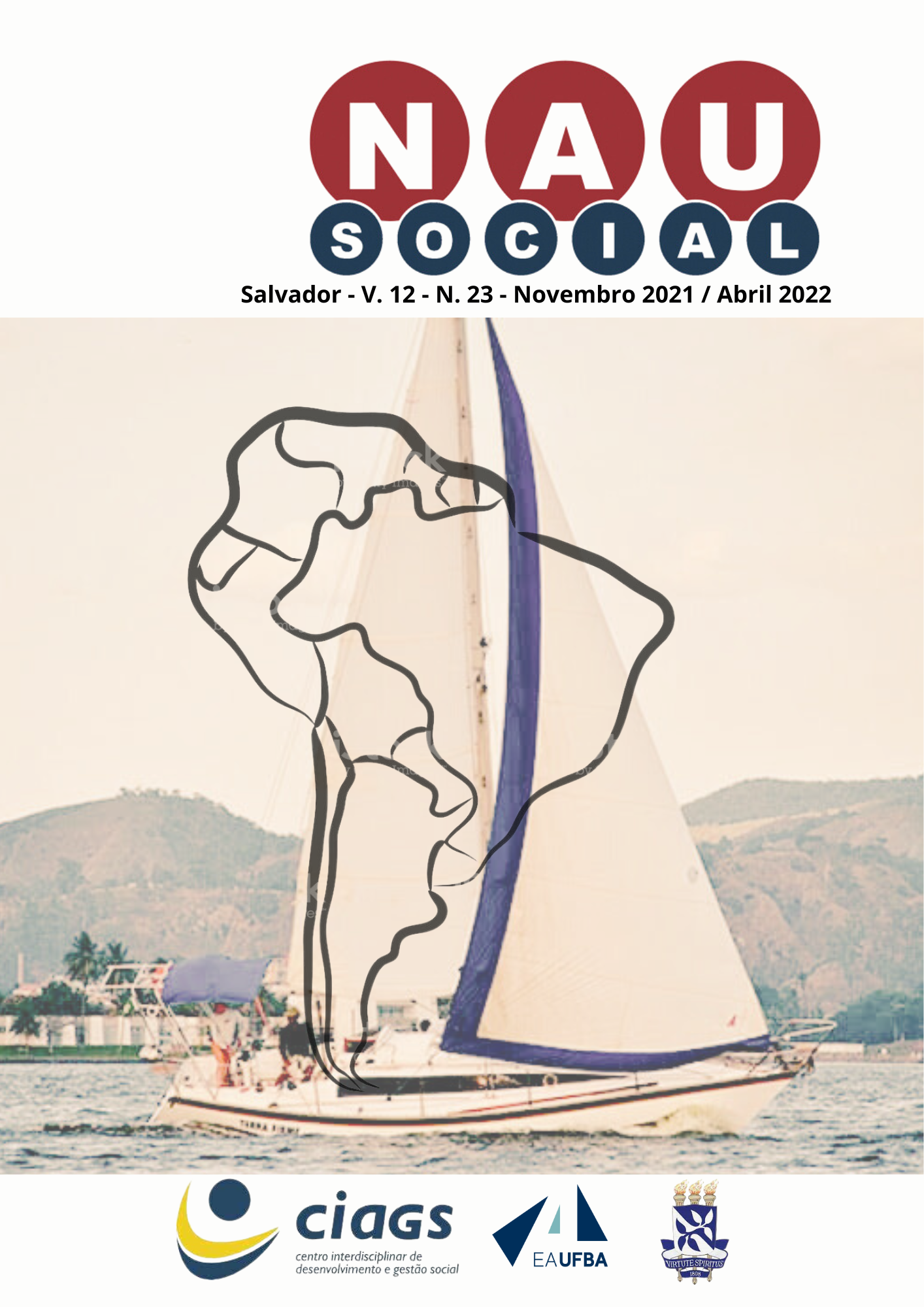Os consórcios são um caminho para a articulação na região metropolitânea de São Paulo?
DOI:
https://doi.org/10.9771/ns.v12i23.46435Resumen
O trabalho busca contribuir com um debate sobre a possibilidade dos consórcios serem um caminho para a articulação interfederativa em regiões metropolitanas. A partir de uma abordagem qualitativa apresenta uma análise bibliográfica e documental da constituição das Regiões Metropolitanas (RMs) no Brasil e discute a sua governança, em especial após a promulgação do Estatuto da Metrópole, de 2015 e apresenta o consórcio público (instituído pela Lei federal 11.107/2005) como um instrumento para a gestão do desenvolvimento dessas regiões. Apresenta, ainda, de forma exploratória e descritiva, os consórcios públicos e administrativos existentes na RM de São Paulo (identificados de janeiro a junho de 2019), as ações desenvolvidas conjuntamente e os desafios de compartilhar decisões. Destaca a não participação da capital nos consórcios identificados e reflete que a gestão metropolitana depende da cooperação de entes municipais que são pouco estimulados e desacostumados a manter uma gestão cooperativa. Finaliza apontando que esse instrumento pode facilitar ações compartilhadas, que são essenciais na solução de problemas de governança das RMs, sobretudo no que se refere às Funções Públicas de Interesse Comum, mas ainda é necessário criar um sistema mais eficiente de governança das metrópoles articulando todos os entes federativos envolvidos.
Descargas
Descargas
Publicado
Cómo citar
Número
Sección
Licencia

Esta obra está bajo una licencia internacional Creative Commons Atribución-NoComercial 4.0.





